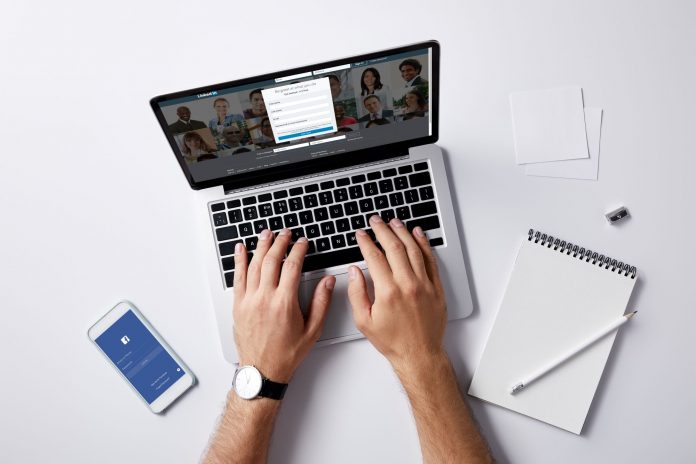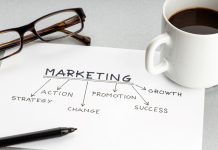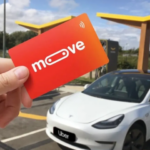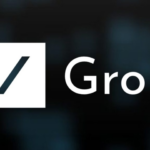Entrepreneurs must wear various hats in the current eCommerce and digitalization era and adapt to all technological perks to remain relevant and gain optimal traction. Moreover, thanks to social media platforms such as LinkedIn and Facebook, social media marketing popularity has surpassed expectations.
Businesses of all sizes have to leverage the immense power of this marketing tool to expand their networks and gain attention without having to spend lump sums on advertisements. In addition, branding, lead generation, customer acquisition, and retention have become more feasible thanks to the internet and the popularity of social media platforms. In sum, social media marketing is an ideal strategy in ensuring your startup becomes a success story.
Nonetheless, one ought to have adequate, vast, and proper knowledge of utilizing social media marketing. Unfortunately, there’s no one-size-fits-all approach to social marketing. The volatile nature and myriad of social network platforms are somewhat puzzling even to the savviest business owners.
For instance, where do you start, which is best for your startup, where does your target audience congregate? It can become overwhelming to pick a platform ideal for your marketing strategy. It gets more puzzling when it involves LinkedIn and Facebook, two social media powerhouses perfect for targeted marketing for lead acquisition.
This post will cover the basics between LinkedIn and Facebook, and in turn, you can make an astute and informed decision on which to focus your startup’s marketing efforts.
Being the world’s largest professional network, LinkedIn is perfect for generating leads, driving website traffic, and building brand awareness. Boasting more than 750 million professionals, more than 90 million senior-level influencers, LinkedIn allows users to follow and engage with brands of their preference. Even better, the platform is ideal for peer-peer connections, making it more efficient for like-minded individuals to connect with ease.
Launched in 2003, LinkedIn was initially a corporate recruitment website. However, it has evolved and upgraded to many features akin to traditional social media networks, such as status updates, messaging, etc. In addition, users can connect and share content with a vast audience of professionals, including customers, business partners, competitors, and potential employees.
In sum, LinkedIn effectively delivers content, secures audience engagement, and is a potent marketing tool.
We have shed much insight on Facebook, a reckoning force in the digital advertising realm. There is no doubt Facebook is the world’s largest social network with more than 2.5 billion monthly users. What’s more, Facebook is a business-friendly platform with top-notch digital advertising features.
Although Facebook’s organic reach has been dwindling in recent years, it remains the most effective social media marketing platform. Initially, as a venue for individuals to share and communicate, Facebook has extended its branches to advertising and businesses of all sizes to generate and convert leads.
Thanks to its granular targeting capabilities, global coverage, integration with other marketing channels such as email marketing, and notably Facebook’s robust analytics, harnessing the power of Facebook marketing can have an immense ROI impact on your startup.
LinkedIn vs. Facebook:
Facebook is more of a socializing and building relationships network, while LinkedIn focuses on creating business relationships. Another significant difference between both platforms is that Facebook uses users’ online behavior and demographics as their chief way of targeting consumers. On the other hand, LinkedIn prioritizes professional targeting, for instance, job titles, the industry where users can find and build connections. Still, there is a lot more:
Audience
Facebook gets the upper hand by boasting more than 2.5 billion users, while LinkedIn has over 750 million users. Considering LinkedIn caters primarily to professionals, its users are generally older than Facebook users.
Therefore, before settling on the ideal platform for your startup, you have to scrutinize your audience. For instance, if you intend to advertise to a vast audience, Facebook is the best option. Conversely, if your target audience is primarily professionals and you want to reach out to individuals that work in a particular industry, LinkedIn will be a viable option.
So, if your startup prioritizes offering B2B (Business to Business) products/services, LinkedIn might be the suitable corporate advertising space for you. On the other hand, since Facebook allows you to get more granular with a broader audience, it offers better B2C (Business to Consumer) brands channels.
Ad Types
Facebook and LinkedIn offer great ads options that have lead gen solutions. Images, videos, carousels, and links are the prevalent ad types on both platforms.
Nonetheless, Facebook offers more interactive, compelling, customizable opportunities and extensive ad formats such as slideshows, collection, and Facebook stories. Therefore, Facebook ads have an advantage over LinkedIn ads and are ideal for brands advertising products/services best portrayed with imagery and visual demonstrations. Don’t get it wrong. Yes, LinkedIn offers fantastic advertising options too, but not as many as Facebook.
Targeting Options
Again, Facebook and LinkedIn have powerful targeting capabilities such as retargeting and features to target audiences with similar behaviors and interests with their current customer base: “Lookalike audiences” for Facebook and “Audience Expansion” for LinkedIn.
Still, Facebook allows for more detailed targeting options. For instance, marketers can use combinations of information such as demographics, buyer history, liked pages to match and deliver more customized messages. Contrastingly, LinkedIn ads allow marketers to target individuals based on the data they provide on their platforms. In sum, Facebook has advanced intelligence features and gets the upper hand.
Cost
As already outlined, advertising on Facebook and LinkedIn is cost-effective primarily because you choose how much you will spend. Still, there are a few dissimilarities in the cost-per-click (CPC) for each website.
For example, LinkedIn Ads’ average CPC, $5.61, is higher than Facebook’s average CPC, $0.97. This doesn’t necessarily mean LinkedIn ads are pricey. Instead, you are much likely to earn higher value leads on LinkedIn. In fact, ad clicks on LinkedIn have a higher likelihood of converting to quality leads than Facebook. All in all, Facebook is a more affordable platform.
LinkedIn vs. Facebook: Which Is Best for Your Startup
Essentially, the best model for your startup depends on the audience you intend on reaching and their preferred platform. Also, your startup’s industry and, in general, your marketing objectives will play a vital role in establishing which platform is appropriate for your marketing strategy. Most importantly, before settling for the ideal venue, it would be best to understand the ad specs involved and each platform’s strength.
Moreover, you can decide not to consider both platforms as adversaries. Yes, they might share some standard features, but their purpose and audience are different. Still, with adequate resources, your startup can opt for both Facebook and LinkedIn marketing strategies to measure success. As such, you can determine which channel is your best performer.











